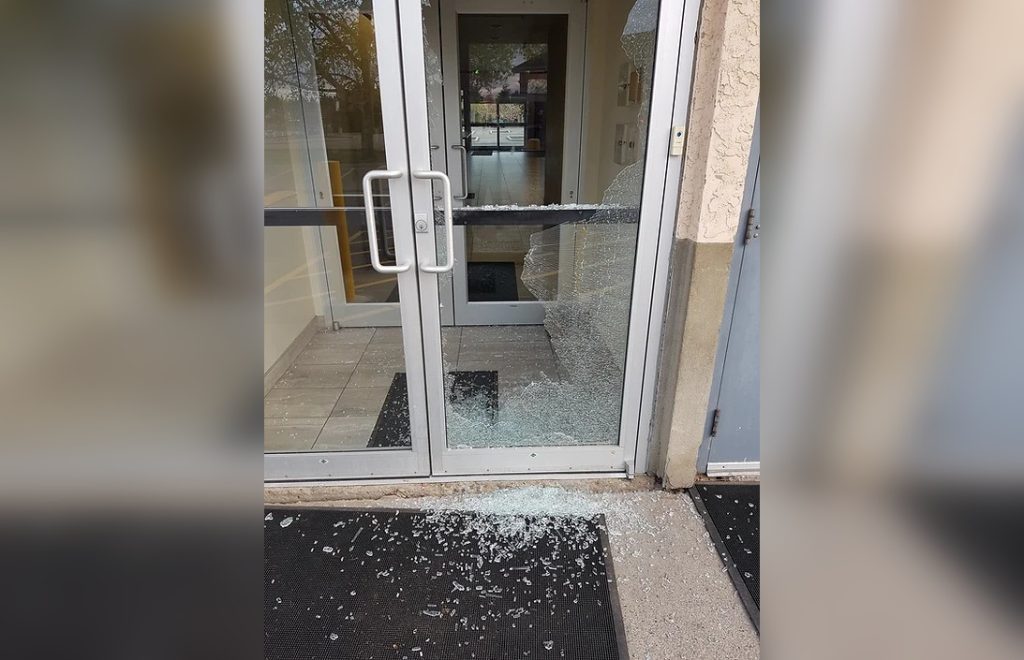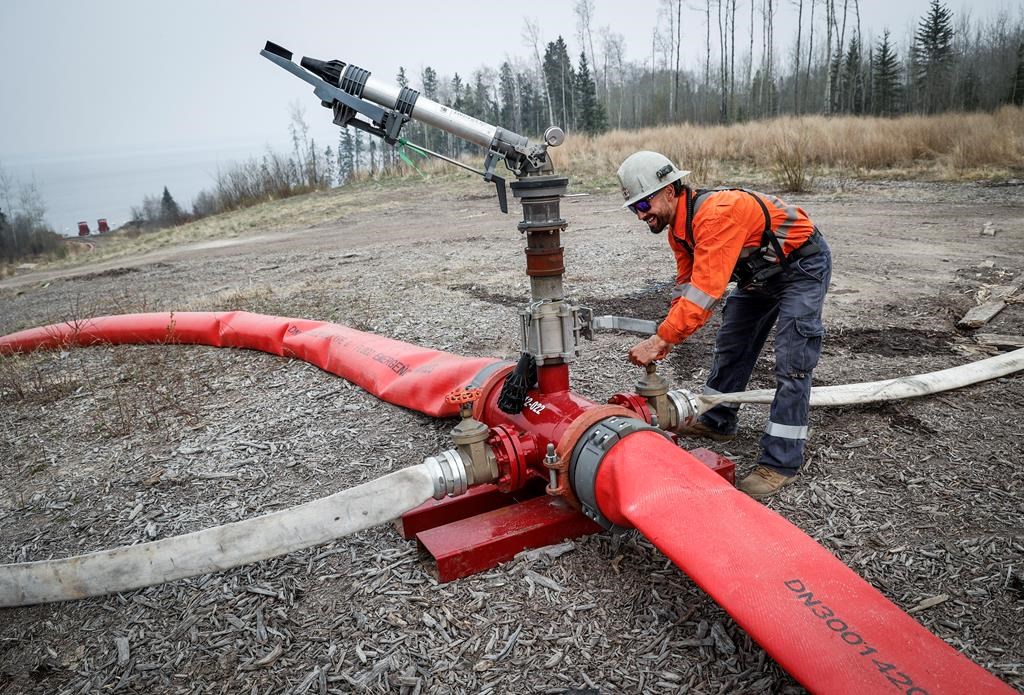Quebec slams door on New Brunswick’s pipeline dream at premiers’ meeting
Posted Dec 7, 2018 5:13 pm.
Last Updated Dec 8, 2018 10:53 am.
This article is more than 5 years old.
MONTREAL — New Brunswick Premier Blaine Higgs remained optimistic Friday that, someday, a pipeline would be built to bring western crude oil to ports in his region for transport overseas. But the Quebec premier tried his best to kill that dream.
While the prime minister and Canada’s premiers found common ground on issues such as trade during their meeting in Montreal, they were confronted with the harsh reality that Quebec will not accept a pipeline.
“I understand that Alberta and the other provinces that produce oil want to find ways to get it (to tidewater), but I was very, very clear,” Francois Legault told reporters after the closed-door meeting.
“There is no social acceptability for a pipeline that would pass through Quebec territory.”
Legault saw no contradiction in lobbying premiers Friday to buy more hydroelectricity from his province while rejecting western energy.
“We are offering an energy that is not expensive and is clean,” Legault said. “I am not embarrassed to refuse dirty energy while we are offering clean energy at a competitive price.”
TransCanada Corporation had proposed the $15.7-billion Energy East pipeline to bring western crude through Quebec and onwards to New Brunswick before being shipped overseas.
The company abandoned the project more than a year ago, and a spokesperson recently said it has no plan to revive it.
But despite the hurdles placed by TransCanada and Quebec, Higgs told reporters Friday he isn’t giving up.
“This is the first time I had a discussion with Mr. Legault (about the pipeline),” Higgs said. “I understand the political sensitivities. And the first process (for Energy East) was a flawed one.”
The New Brunswick premier acknowledged Legault gave him “no indication (the pipeline) will be a possibility — so I won’t pretend otherwise.”
“But I am optimistic that if we work together with people in our province and his province and across the nation that we’ll find solutions.”
While he remained hopeful, Higgs also offered a warning.
The country is still very much dependent on oil revenues and if Alberta continues to suffer economically, it will hurt the entire country — regardless of how much hydroelectricity Quebec has.
He said New Brunswick continues to receive federal equalization payments, which represent 30 per cent of the province’s budget.
Quebec is also a major benefactor of equalization, while Alberta remains a “have province” that subsidizes others.
“Alberta has been feeding our kids for a long time with the royalties, with the money that has come from oil,” Higgs said.
“My concern is how will the federal government continue to pay, how will transfer payments survive in the current form? Will the next message be that transfer payments need to be cut because the revenue is no longer there?”
Giuseppe Valiante, The Canadian Press










